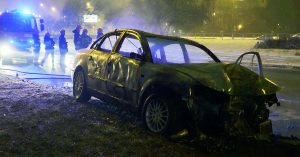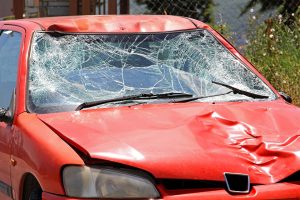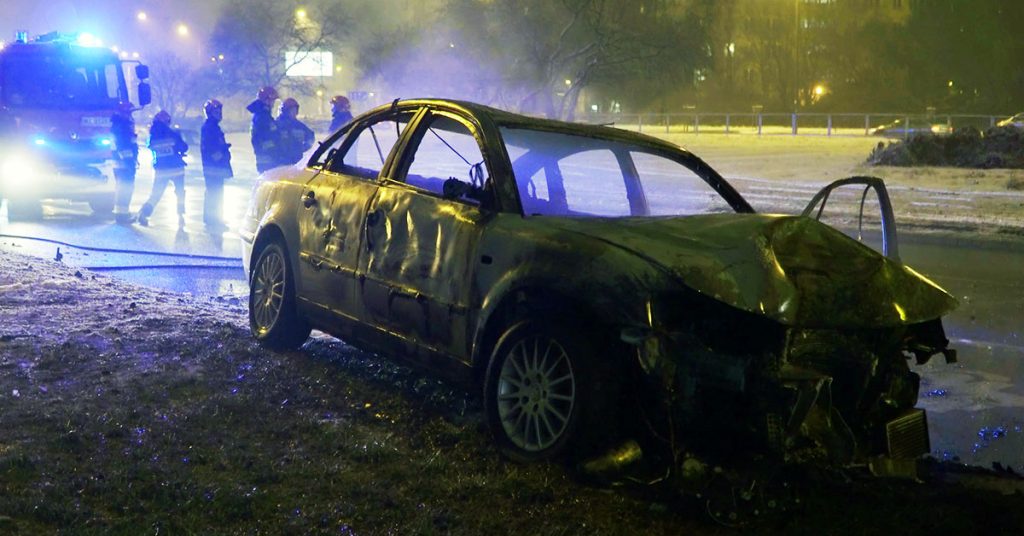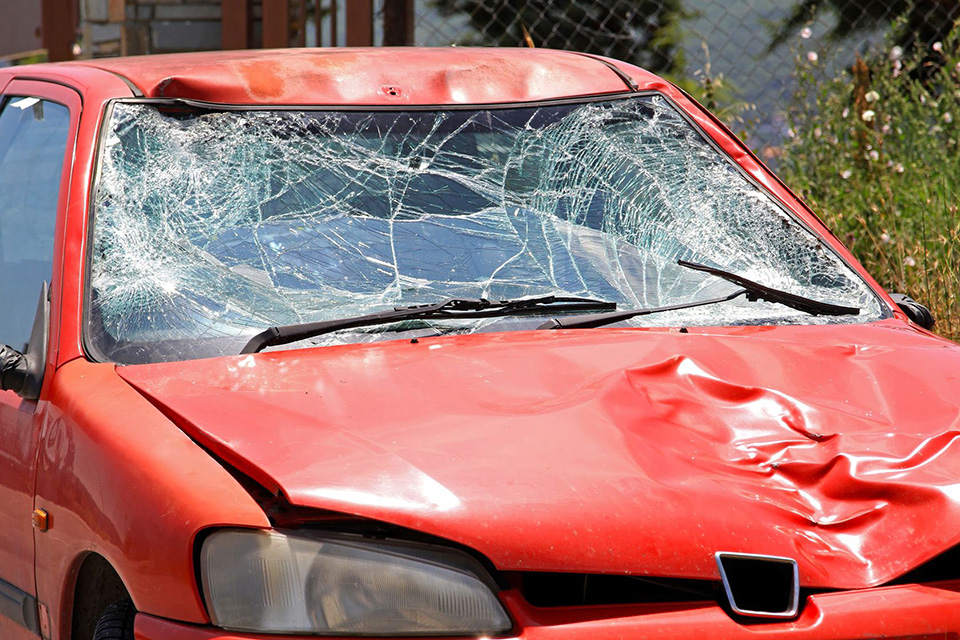Posts Tagged ‘Boston drunk driving injury lawyer’
New Cars May Get Technology to Help Detect and Reduce Drunk Driving

Automakers may soon have to build cars with technology to work toward stopping drunk driving crashes.
The $1 trillion infrastructure bill is being called the most important legislation in more than 40 years in the work to stop drunk driving accidents, injuries and deaths.
After a long pandemic, the infrastructure bills calls for expansive funding across all areas of transportation, including airports, public transit, roads, bridges, bike lanes and pedestrian improvements.
The infrastructure bill also includes new safety mandates for automakers, including that new cars be built with technology to detect and reduce drunk driving and for rear-seat reminders to alert parents that a child has been left behind.
The U.S. House of Representatives passed the federal Infrastructure Investment and Jobs Act on Friday, sending the legislation to President Joe Biden’s desk. The U.S. Senate had already approved the bill in August.
“Single Most Important” Legislation to Stop Drunk Driving Accidents
Mothers Against Drunk Drivers called the infrastructure bill the “single most important legislation” in its 41-year history of working to stop drunk driving tragedies.
Drunk driving kills about 10,000 people each year on U.S. roads, according to the National Highway Transportation Safety Administration. This accounts for roughly 30 percent of all traffic fatalities.
The infrastructure bill calls for all new cars to comply with an advanced drunk and impaired driving prevention technology standard. The legislation does not specify what the technology will be.
If the president signs the bill, the NHTSA will be charged with finalizing rules for implementing a technology within three years. Automakers will have an additional two years to incorporate the changes into the production.
Mothers Against Drunk Driving has long advocated that states make breathalyzers mandatory sentencing for those who have been convicted of drunk driving.
The Washington Post interviewed a few experts who said to expect more passive technologies than a breathalyzer.
Potential technologies could work around breath or blood sensors, or cameras.
The NHTSA has worked with the Automotive Coalition for Traffic Safety (ACTS) for more than 10 years to develop technologies that discretely detect alcohol on drivers’ breath.
Drunk Driving Accidents and Injuries in Massachusetts
In Massachusetts, drivers who operated under the influence of alcohol killed 120 people in 2018 (Source: MADD). As with the federal numbers, this represents about a third of all traffic fatalities across the state that year.
Drunk driving accidents are preventable if drivers remember their responsibilities. Massachusetts drivers have a responsibility to use reasonable care on the roads. Operating under the influence is both against the law and negligent if you cause a crash resulting in injury.
Drivers also have a responsibility not to operate while impaired by drugs, including marijuana, which was legalized in Massachusetts in 2016.
Free Legal Consultation – Boston Car Accident Lawyers
Founded in 1992, Breakstone, White & Gluck is a top-rated Boston law firm that specializes in representing clients in personal injury and car accident cases. We have expertise in representing victims and families of drunk driving accidents in claims against drivers and in Massachusetts liquor liability claims involving third parties.
Our firm stands out for our experience. Each of our partners offers more than 30 years of experience representing clients in Boston and across Massachusetts.
For a free legal consultation, contact Breakstone, White & Gluck at 800-379-1244 or 617-723-7676 or use our contact form.
Ignition Interlock Devices for First-Time Drunk Drivers is Back Before the Massachusetts Legislature

The Massachusetts Legislature is being asked to reconsider an ignition interlock law for first-time OUI offenders.
A proposal to expand use of ignition interlock devices for drunk drivers is back before the Massachusetts Legislature.
Gov. Charlie Baker and Lt. Gov. Karyn Polito’s transportation bill includes the proposal to mandate ignition interlocks for first-time convicted drunk drivers. Currently, Massachusetts drivers convicted for the first time may seek hardship licenses allowing them to travel for work and specific purposes. Baker and Polito’s proposal would also put ignition interlock devices in their vehicles for at least six months following conviction. The devices test whether drivers are under the influence and if so, prevents them from starting their vehicle.
In Massachusetts, it is illegal to operate a motor vehicle with a blood alcohol concentration of .08 or higher, under M.G.L. c.90 § 24. The limit is .02 for drivers under 21. If police suspect drivers are intoxicated, they can be stopped and given a breathalyzer test. Drivers charged with operating under the influence can face a loss or suspension of their Massachusetts driver’s license and fines. Alcohol education training is a requirement in Massachusetts.
In addition, drivers can be sentenced to serve jail time, which is more common for subsequent offenses or when their actions cause death or serious injury.
As for drivers with more than one drunk driving offense, Massachusetts law does require them to use ignition interlock devices for a period of two years. M.G.L. c.90 § 241/2.
MADD and safety advocates say this is too little. And it falls short of the National Highway Traffic Safety Administration’s recommendation, which calls on states to require first-time offenders to use the devices and establish a minimum length of time for use. Twenty nine states have done so, according to the National Conference of State Legislatures.
Drunk driving continues to be a serious problem, killing almost 30 people daily across the U.S. (Source: NHTSA). Meanwhile, the state of Massachusetts reports about 150 people are being killed by drunk drivers each year. These drivers have a blood alcohol concentration of .01 and higher. Eighty percent of the deaths were caused by drivers operating with a blood alcohol concentration of .08 or higher.
Massachusetts Law: Drunk Drivers and Other Responsible Parties in Liquor Liability and Drunk Driving Injury Cases
In Massachusetts, when drunk driving leads to injury, a driver can be convicted of operating under the influence by the criminal courts.
Further, they can be held liable and have to pay monetary damages to the victim or multiple victims. Our Boston car crash attorneys have handled liquor liability cases for injury victims and their families for more than 25 years in Massachusetts. Our attorneys are experienced in investigating these crashes and identifying all the parties who may share responsibility. In addition to drunk drivers, commercial establishments such as bars and restaurants have a responsibility not to serve patrons who are already intoxicated. This area of law is known as dram shop liability.
Individuals also carry responsibility when minors consume alcohol at their homes under social host liability law. When someone provides alcohol to a minor – or their teenager does so – it’s a consequential offense in Massachusetts. A parent can be held liable and have to compensate the injured person or persons. Parents can also face criminal charges leading to fines and jail time.
About Breakstone, White & Gluck
Breakstone, White & Gluck is a Boston law firm specializing in representing individuals injured in car accidents, truck crashes and other collisions caused by negligent and reckless drivers. Our lawyers are experienced in representing drivers, pedestrians, cyclists and motorcyclists injured across Massachusetts, including in Boston, Cambridge, Somerville, Everett, Lynn, Newton and Waltham.
For a free legal consultation, contact our car accident lawyers at 800-379-1244 or 617-723-7676 or use our contact form.



